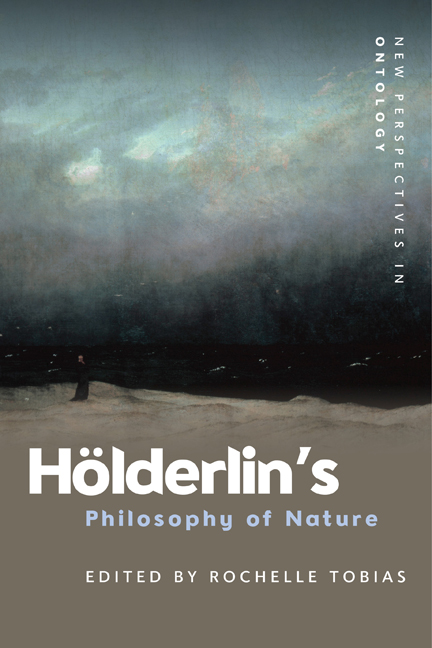10 - ‘My whole being fell silent, and read’: Peter Handke’s Hölderlin and Heidegger Reception
Published online by Cambridge University Press: 08 October 2020
Summary
In 1979 the Austrian writer Peter Handke published the groundbreaking novel Slow Homecoming and in 1980 he was working on The Lesson of Mont Sainte Victoire (hereafter The Lesson). These texts are usually said to mark a paradigm shift in Handke's career: a crisis of writing led to a so-called ‘classical turn’ or ‘turn to nature’, a reorientation from the experimental avant-garde poetics of his earlier work toward a mode of narration informed by German Romanticism and Classicism. Based on Handke’s own travels in North America, Slow Homecoming depicts the experiences of the geologist Valentin Sorger who, through observing and sketching the forms of the earth's surface in Alaska, becomes awakened to the beauty of nature – an obviously Romantic trope – and undergoes a kind of transformation from scientist into artist.
After returning to Europe, Handke visited an exhibition of Paul Cézanne's late work and subsequently undertook two journeys to Aix-en- Provence to travel the route Cézanne, which became the basis of The Lesson. Cézanne's method of réalisation, of transforming nature into paint, served as a model for Handke's own emerging project of observing and representing. Handke's turn to nature was indeed tied to a material practice. Beginning in the mid-1970s, Handke undertook a project of daily notetaking, filling notebooks with descriptions and drawings of nature and various ephemera alongside formulations of passages that would appear in print. Handke's note-taking constituted a crucial component in the writerly project for which Handke has become known – a project associated with slowness, re-mythification and the re-sacralisation of reality in the hyper-technologised, media-saturated present.
But Handke was also a prolific reader. In a 1979 interview, he commented on his experience of rereading great writers:
Years back in school I was fascinated by Homer, by Pindar, by Heraclitus, and I have re-read everything which I, and perhaps many others, read too early, this time more slowly. Goethe. But there is one who I only now totally comprehend and who for me writes a holy scripture in a complete objective sense, and that is Hölderlin. I had not understood him in this way before. But now I can read his work as far better writing, as moral, high-standing, holy scripture, where one is not forced to believe but, because sentences stand like mountain ranges, can simply believe, or at least see an ideal.
- Type
- Chapter
- Information
- Hölderlin's Philosophy of Nature , pp. 178 - 196Publisher: Edinburgh University PressPrint publication year: 2020



